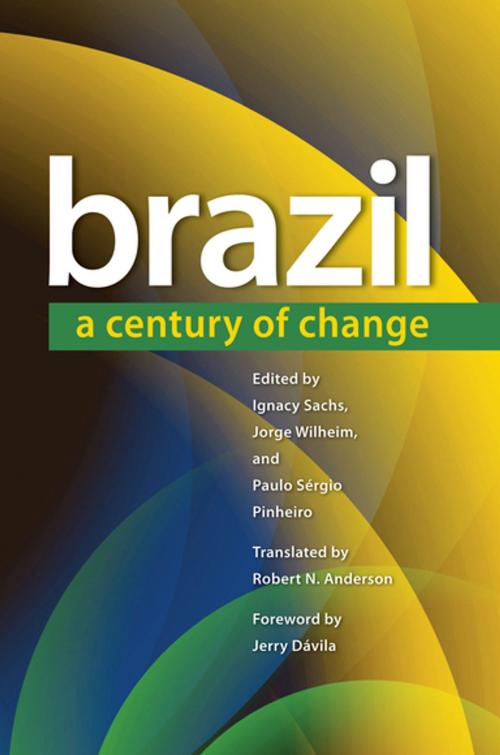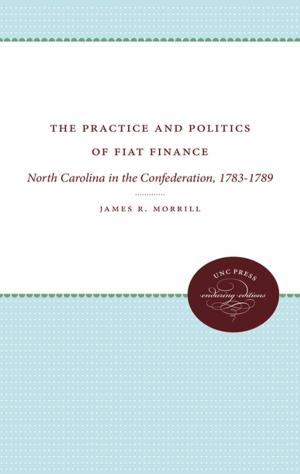| Author: | ISBN: | 9780807894118 | |
| Publisher: | The University of North Carolina Press | Publication: | April 15, 2009 |
| Imprint: | The University of North Carolina Press | Language: | English |
| Author: | |
| ISBN: | 9780807894118 |
| Publisher: | The University of North Carolina Press |
| Publication: | April 15, 2009 |
| Imprint: | The University of North Carolina Press |
| Language: | English |
Brazil, the largest of the Latin American nations, is fast becoming a potent international economic player as well as a regional power. This English translation of an acclaimed Brazilian anthology provides critical overviews of Brazilian life, history, and culture and insight into Brazil's development over the past century. The distinguished essayists, most of whom are Brazilian, provide expert perspectives on the social, economic, and cultural challenges that face Brazil as it seeks future directions in the age of globalization.
All of the contributors connect past, present, and future Brazil. Their analyses converge on the observation that although Brazil has undergone radical changes during the past one hundred years, trenchant legacies of social and economic inequality remain to be addressed in the new century. A foreword by Jerry Davila highlights the volume's contributions for a new, English-reading audience.
The contributors are Luiz Carlos Bresser Pereira, Cristovam Buarque, Aspasia Camargo, Gilberto Dupas, Celso Furtado, Afranio Garcia, Celso Lafer, Jose Seixas Lourenco, Renato Ortiz, Moacir Palmeira, Paulo Sergio Pinheiro, Ignacy Sachs, Paulo Singer, Herve Thery, and Jorge Wilheim.
Brazil, the largest of the Latin American nations, is fast becoming a potent international economic player as well as a regional power. This English translation of an acclaimed Brazilian anthology provides critical overviews of Brazilian life, history, and culture and insight into Brazil's development over the past century. The distinguished essayists, most of whom are Brazilian, provide expert perspectives on the social, economic, and cultural challenges that face Brazil as it seeks future directions in the age of globalization.
All of the contributors connect past, present, and future Brazil. Their analyses converge on the observation that although Brazil has undergone radical changes during the past one hundred years, trenchant legacies of social and economic inequality remain to be addressed in the new century. A foreword by Jerry Davila highlights the volume's contributions for a new, English-reading audience.
The contributors are Luiz Carlos Bresser Pereira, Cristovam Buarque, Aspasia Camargo, Gilberto Dupas, Celso Furtado, Afranio Garcia, Celso Lafer, Jose Seixas Lourenco, Renato Ortiz, Moacir Palmeira, Paulo Sergio Pinheiro, Ignacy Sachs, Paulo Singer, Herve Thery, and Jorge Wilheim.















